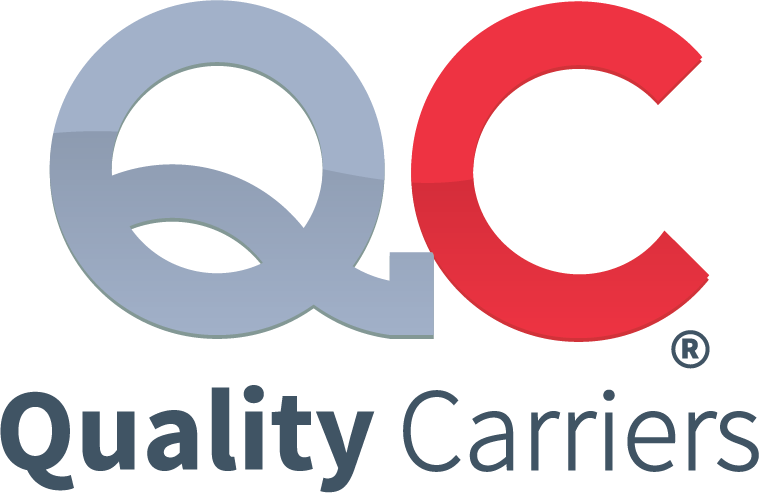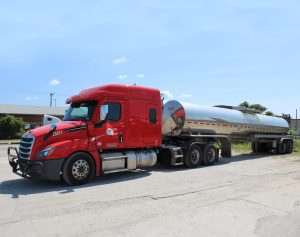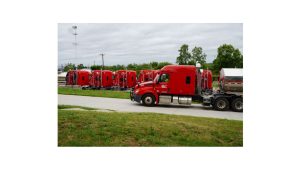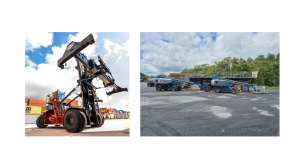Owner operators in the trucking industry offer the potential for higher earnings and greater independence compared to working as a company driver. However, along with these benefits comes the responsibility of managing various expenses that can significantly impact net income. In this blog, we’ll explore how much owner operators typically make after accounting for these expenses and what factors influence their take-home pay.
Understanding Owner-Operator Income
Owner-operator typically earn income based on the miles or loads they drive. Unlike company drivers, who receive a salary or hourly wage, owner operators are paid per mile or load, and their earnings depend on factors like the type of freight, distance, and market demand. On average, owner operators can gross between $150,000 and $250,000 annually. However, this is the gross income before expenses are deducted.
Gross Income vs. Net Income
Gross income refers to the total revenue an owner-operator earns before expenses are deducted. This income comes from contracts with shippers, brokers, or freight companies and can vary widely depending on the type of freight hauled, the distance traveled, and the current market rates.
Net income is what remains after all business-related expenses have been subtracted from gross income. It is the actual take-home pay that an owner-operator earns, and it’s affected by various costs, including fuel, maintenance, insurance, taxes, and more.
Common Expenses for Owner Operators
To understand how much owner operators make after expenses, it’s crucial to consider the various costs they incur in running their business. Here are some of the most significant expenses:
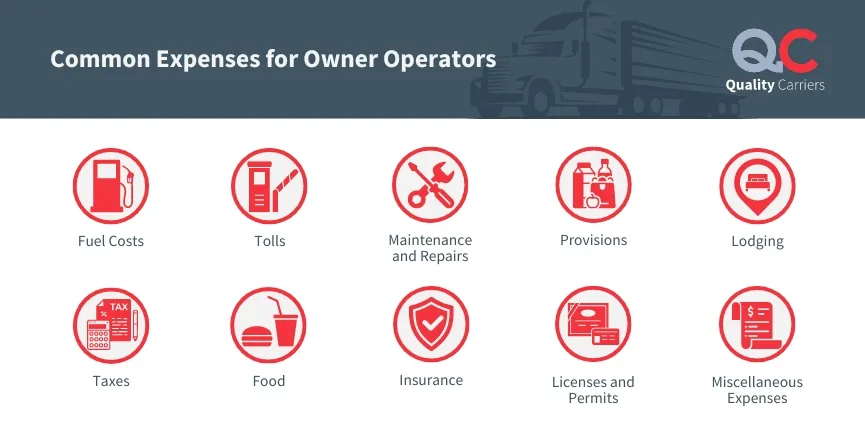
1. Fuel Costs
Fuel is one of the most significant expenses for owner operators, often accounting for 25% to 30% of their total revenue. Fuel prices fluctuate so that this expense can vary widely from month to month.
2. Tolls
Tolls for highways, bridges, and tunnels are a recurring expense, especially for long-haul truckers who frequently travel across multiple states or regions.
3. Maintenance and Repairs
Owner operators incur ongoing expenses for regular maintenance and unexpected repairs. Maintenance costs include oil changes, tire replacements, and routine inspections, while repairs can be more unpredictable and costly.
4. Provisions
Provisions include daily necessities such as food, drinks, and other supplies needed while on the road. These costs can add up, especially during long hauls.
5. Lodging
Lodging expenses are incurred during overnight trips when truckers need to rest. The costs depend on the location and duration of the stay.
6. Taxes
Owner operators are responsible for self-employment taxes, including employee contributions to Social Security and Medicare taxes. Additionally, income taxes must be paid based on net earnings.
7. Food
Meals on the road are another regular expense for owner operators. While some may choose to bring food from home, others may rely on restaurants or truck stops, which can be more costly.
8. Insurance
Multiple insurance policies are required, including liability, cargo, and physical damage coverage. The insurance cost depends on factors such as the truck’s value, the type of freight hauled, and the driver’s experience. Premium Insurance can vary but generally range from $5,000 to $10,000 per year.
9. Licenses and Permits
Operating legally requires various licenses and permits, such as the International Fuel Tax Agreement (IFTA) permit, Heavy Vehicle Use Tax (HVUT), and state-specific permits. These must be renewed regularly, adding to the overall expenses.
10. Miscellaneous Expenses
Other expenses include accounting services, communication tools, lodging, and meals on the road. These can vary depending on the owner-operator’s lifestyle and business management practices.
How Much Do Owner Operators Take Home?
After deducting all the necessary expenses, owner operators typically net between $45,000 and $85,000 annually. However, this range can vary significantly based on factors like experience, operation efficiency, the type of freight hauled, and the routes driven.
- High-Earning Potential: Experienced owner operators who efficiently manage their expenses and secure high-paying loads can earn between $50,000 and $100,000 annually.
- Lower Earnings: Conversely, those who face higher-than-average expenses, operate in less profitable markets, or have less experience might see net earnings closer to $45,000 or even lower.
Considering a Career as an Owner-Operator? Apply at Quality Carriers Today!

Join a leading network offering competitive rates, extensive support, and the freedom to run your business. You’ll benefit from a strong infrastructure, consistent freight, and a community of like-minded professionals at Quality Carriers. We provide the resources and guidance you need to succeed, including access to cutting-edge technology, fuel discounts, and dedicated customer service. Take control of your future, maximize your earnings, and enjoy the independence of being your boss. Start your journey with Quality Carriers and drive your career forward.
Conclusion
Owner operators have the potential to earn a substantial income, but this comes with the responsibility of managing various expenses that can significantly impact their net take-home pay. By carefully managing costs and making informed business decisions, owner operators can maximize their earnings and enjoy the benefits of owning and operating their own trucking business. While the journey comes with challenges, those who successfully balance income and expenses can achieve a rewarding and profitable career as an owner-operator.
FAQs
Financial management is critical for an owner-operator’s success. Managing expenses, setting aside money for taxes, tracking income and costs, and planning for future investments are essential for maintaining profitability and ensuring long-term business viability.
Owner operators can increase their take-home pay by optimizing routes to reduce deadhead miles, maintaining their truck to avoid costly repairs, negotiating better rates with shippers, and carefully managing their operating expenses.
if an owner-operator finances their truck, the monthly loan payments become a significant ongoing expense. These payments reduce net income, so it’s essential to consider the cost of financing when evaluating overall earnings.
